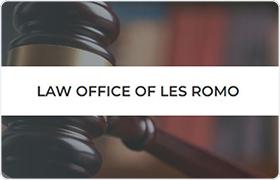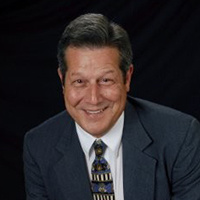Canyon Lake Estate Lawyer, Texas
Sponsored Law Firm
-
 x
x

Click For More Info:
-
Law Office of Les Romo
102 West Morrow Street Suite 202 Georgetown, TX 78627» view mapEstate Law Helping You Understand Your Options
Attorney Les Romo can help protect your interests and resolve your legal issue in the best possible way. Attorney Romo is dedicated to vigorously representing his clients.
800-769-7481
Vincent J Scanio
Mediation, Estate Administration, Guardianships & Conservatorships, Business Organization
Status: In Good Standing
Stevan R Stough
Family Law, Divorce, Dispute Resolution, Wills & Probate
Status: In Good Standing Licensed: 45 Years
Charles Sullivan
Real Estate Other, Estate Administration, Estate, Divorce, Divorce & Family Law
Status: In Good Standing Licensed: 17 Years
Henry C. Kyle
Commercial Real Estate, Wills, Business & Trade, Business
Status: In Good Standing Licensed: 60 Years
Paul Van Swearingen
Commercial Real Estate, Litigation, Oil & Gas, Wills
Status: In Good Standing Licensed: 52 Years
Tommy Joe Baker
Commercial Real Estate, Wills, Business & Trade, Business
Status: In Good Standing Licensed: 17 Years
Carrie E. Campbell
Wills, Family Law, Business & Trade, Business
Status: In Good Standing Licensed: 29 Years
Allison John Harwood
Commercial Real Estate, Wills, Business & Trade, Business
Status: In Good Standing Licensed: 19 Years
 Les Romo Georgetown, TX
Les Romo Georgetown, TX Practice AreasExpertise
Practice AreasExpertise
